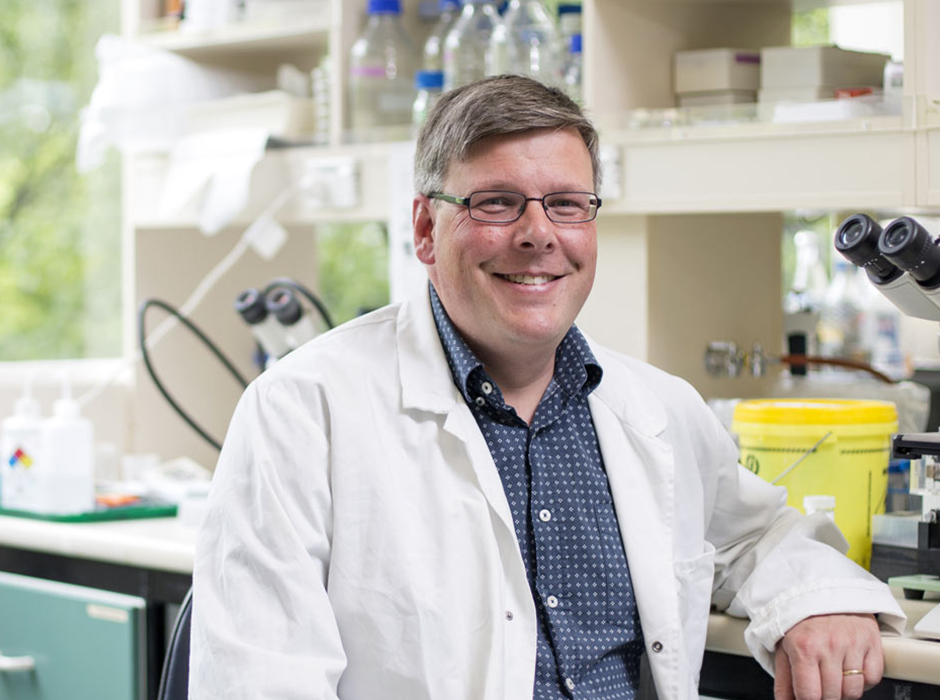
Professor Peter Dearden will be consulting with the public, Māori and regulators on whether it’s ethical to genetically modify wasps making it impossible for the pest species to reproduce.
Aotearoa’s summertime species is silently and secretly wreaking havoc.
Though small, wasps are an aggressive invasive pest leading the University of Otago’s Professor Peter Dearden to consider the ethics behind genetically modifying them to decrease population numbers.
Professor Dearden received a $9,923,945 MBIE grant to investigate if using genetic modification technology will be possible, safe, align with public, Māori and regulator perspectives, and be fit for purpose when contributing to New Zealand’s goal of being predator free by 2050.
“Wasps are found in one of the highest densities in the world in New Zealand and are hugely problematic for several reasons including the massive amounts of honeydew they consume,” Professor Dearden says.
Honeydew is produced by a native scale insect in beech forests and is important food for native birds, bats, insects, and lizards. However, wasps upset this food chain by eating a considerable amount of this honeydew as well as those native insects themselves and have even been seen killing bird hatchlings.
“They damage our ecosystems greatly and cost the country a fortune as we try to control them with insecticides, but we’d like to investigate how genetically modifying wasps might be a more efficient way to manage their population numbers or even remove them entirely.”
“It’s fantastic to have received this funding because it shows there is an appetite for New Zealanders to explore the ethics behind this and the potential good this could bring to our country.”
With support from the University of Victoria and Lincoln University, Professor Dearden will begin by consulting mana whenua. This could be more challenging than it might seem as wasps are not subjected to land boundaries and so the first step is to identify the most appropriate groups to get insights from.
He adds that the risks of genetic modification also aren’t well known so a big part of the consultation process will involve identifying what these risks are.
“We must invent a way to make it impossible for wasps to reproduce but, luckily, we know how to do that - it’s more the molecular details where things get tricky and so that’s where we’re hoping to get input from people by asking them their thoughts.
“Unknown risks can be scary but, if we can figure out that there’s very little or no risk of issues arising, then this technology would provide an awesome opportunity to heal the natural landscape.”
Professor Dearden is based in Dunedin’s Department of Biochemistry having originally grown up in Wellington before studying overseas. He then returned to Aotearoa because he wanted to contribute to the “strong genetics programme” he had heard about at the University of Otago and play his part in bettering New Zealand.
Kōrero by the Division of Health Sciences Communications Adviser, Kelsey Schutte.